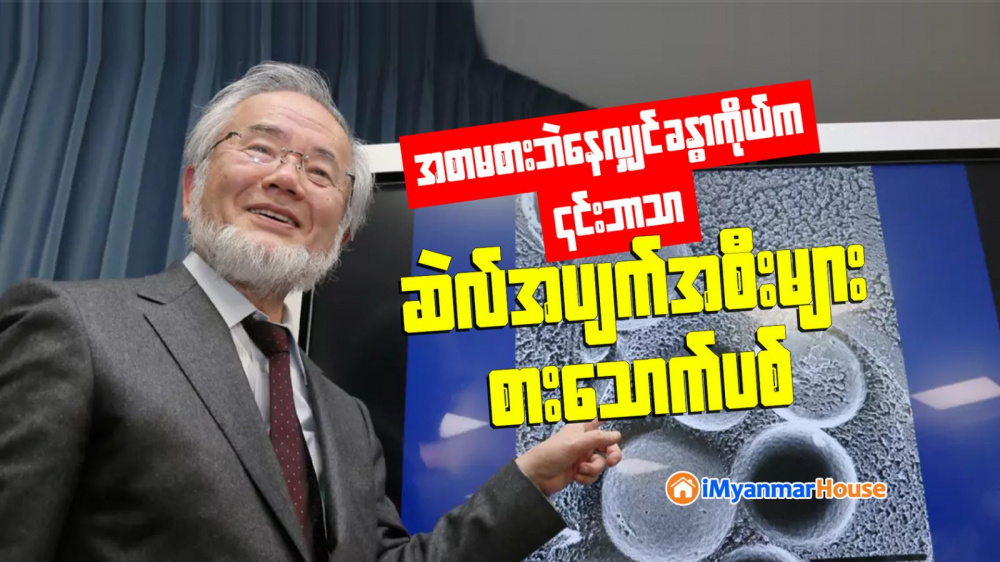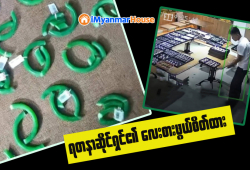
Foreign Property News | Posted by Si Thu Aung
Yoshinori Ohsumi, a Japanese cell biologist, has won the 2016 Nobel Prize for physiology and medicine for his work on "autophagy".
Autophagy, which means "self-eating", is the process by which the body's cells destroy and recycle their own components. Cells are filled with smaller parts, called organelles, that perform specialised tasks – for instance, mitochondria are organelles that provide energy for the cell's actions. When these parts become damaged or useless, they are broken down into their component chemicals, and then reused.
"It's a mechanism of self-regulation inside cells," Upulie Divisekera, a molecular biologist at Monash University in Australia, told BuzzFeed News. "Cells grow and maintain themselves and break down nutrients to get energy. After a while they get a buildup of components inside them, and they need a way of recycling those products."
She said Ohsumi's work was "a basic fundamental discovery – very, very important, and unique".

(Nobel Assembly / Via nobelprize.org)
The idea of autophagy was first proposed in the 1950s, but Ohsumi's work in the early 1990s revealed some of the genes and processes involved – specifically, how one kind of organelle, called a lysosome, was involved in enveloping and consuming other parts of the cell. He did this by breeding yeast cells and then deliberately starving them so they began to break down their own organelles to save energy. He found that the cells then filled with small sacs, which he called autophagosomes, which transported parts for autophagy into the yeast cells' equivalent of the lysosome.
Later, he also identified 15 genes responsible for the development of the autophagosome. "That's huge," said Divisekera.
When autophagy goes wrong, it is linked with to severe health problems, including Parkinson's, cancer, and diabetes. "When something goes wrong with autophagy, there's a buildup of things that should be broken down," said Divisekera. "For example, amyloid beta builds up in Alzheimer's cases. We don't know for certain that it's the cause, but it's a hallmark of Alzheimer's that these fibrils build up."
She said that understanding autophagy has also led to new considerations in drug design – trying to find ways of preventing cells from consuming therapeutic molecules.
Ohsumi's work led to a sudden explosion in scientific interest in autophagy, with thousands more papers published on the subject in the wake of his research.

(Nobel Assembly / Via nobelprize.org)
Ref: A Japanese Scientist Has Won A Nobel For His Work On How Cells Eat Themselves









